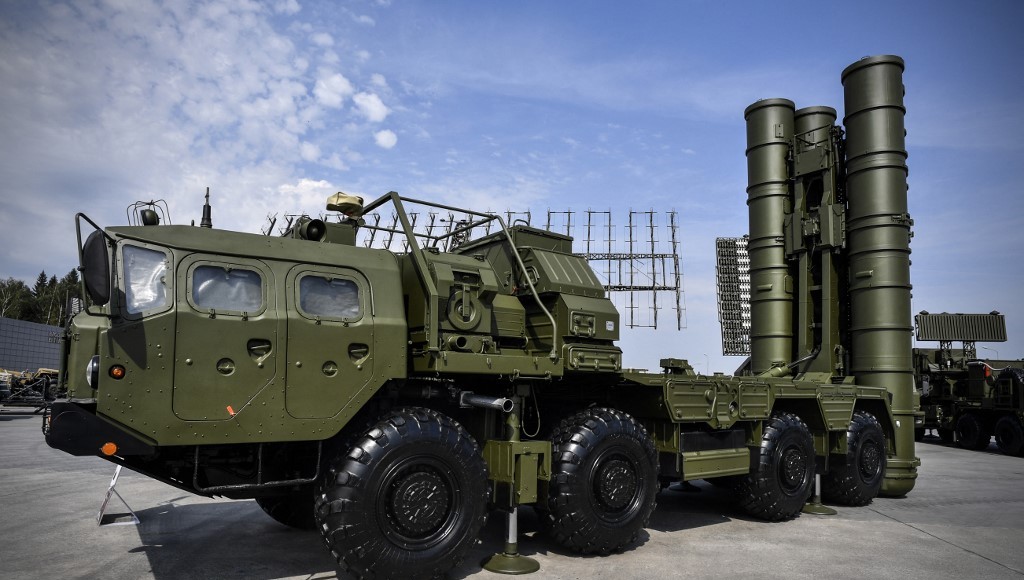The original contract Turkey signed with Russia for the purchase of S-400 systems included two batteries, a Turkish official said, adding that there were no new agreements, following reports of a deal for the sale of a second batch, Reuters reported on Tuesday.
“The purchase of a second batch was included in the original plan and the related contract,” the Turkish defense official said.
“The process is ongoing and there are no new agreements,” the official added.Turkey’s initial purchase of the Russian S-400 system angered the United States, a NATO ally, which imposed sanctions on Turkish defense officials in retaliation.
Despite warnings from the United States and other NATO allies, Turkish President Recep Tayyip Erdoğan brokered a deal worth $2.5 billion with Russian President Vladimir Putin for the S-400 missile system in 2017.
Turkey started taking delivery of the first S-400s in July 2019 despite Washington’s warnings and the threat of US sanctions. In response, Washington removed Turkey from the F-35 Joint Strike Fighter program, in which Ankara was a manufacturer and a buyer. Turkey has not yet used the missile system since its purchase.
The S-400, a mobile surface-to-air missile system, could pose a risk to the NATO alliance as well as to the F-35, America’s most expensive weapons platform, according to Turkey’s Western allies.
Washington imposed sanctions in December 2020 on Turkey’s military procurement agency for its purchase of the system under the Countering America’s Adversaries Through Sanctions Act, or CAATSA, which mandates penalties for transactions deemed harmful to US interests.
İsmail Demir, the head of Turkey’s Presidency of the Defense Industry (SSB), and three other officials were targeted by the sanctions, which include a ban on all US export licenses and authorizations to SSB as well as asset freezes and visa restrictions on Demir and the other individuals.
Washington still hopes to persuade its ally to “walk away” from the Russian system, and calls to this effect have increased following the launch of the Russian invasion of Ukraine.



